What if there was a way to use your production waste to create a new product and profit from it? Yes, you can go from waste to wealth with upcycling. Come find out how!
Upcycling transforms something that would otherwise be discarded into something new and of greater value to consumers. And there are companies already profiting from it.
In addition to being an ecological initiative for the planet. In this text we will show you some successful cases and tell you more details about this process.
Much more than money
Yes, the financial return is essential. But it is also important to know that you are investing in something of great value for sustainability as well.
To give you an idea, it is estimated that more than 800 million people are hungry and, at the same time, the world wastes about 1/3 of its food.
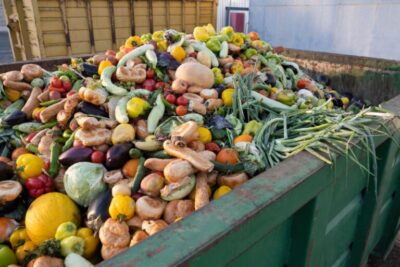
Image by: IStock
Latin America is the leader in waste, letting 15% of its production go to waste every year.
But why does this happen? The main causes of food waste are: overproduction, inadequate storage and transport systems and inefficient distribution networks. And here, the most interesting thing: most of this waste occurs in production, at this stage 27% of food is lost.
Worldwide, approximately 1.3 billion tonnes of food is lost or wasted each year, including about 45% of all fruits and vegetables, 35% of fish and seafood, 30% of cereals, 20% dairy products and 20% meat.
All of this translates to about $940 billion in annual economic losses. The losses are even greater when we consider the amount of scarce resources like land, water and energy used to produce food.
There is a solution: upcycling
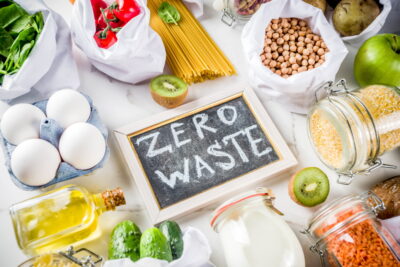
Zero desperdício./ Image by: Getty Images/iStockphoto
As we explained above, upcycling is the process of repurposing food waste or by-products into new and valuable items.
Thus, in addition to minimizing your production waste, you also use them to create a new product that will bring you more sales, that is, more profit.
A successful case
New Seasons Market supermarket chain, popular in the state of Oregon, USA, decided to reduce food waste, become more sustainable and efficient and still save money through upcycling.
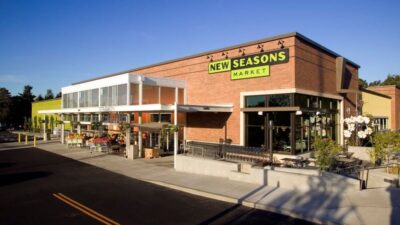
Image by: Good Food Holdings
The foods that are currently being upcycled are: roasted chicken, ground beef and red fruits.
From waste to wealth: let’s see the numbers
New Seasons Market turned around 9,000kg of chicken (which would previously go to waste) into salad dressings sold at the supermarket. This initiative increased sales by 25%.
The chain of 19 stores is also doing the same with ground beef and berries and, through this strategy, it is possible to earn 1000 dollars per quarter in each store. That is, an extra 19 thousand dollars every 3 months.
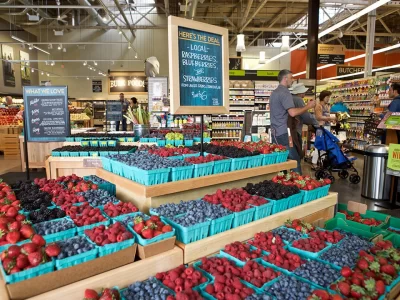
Berries used in New Seasons Market upcycling./ Image by: Good Food Holdings
Seeing how successful upcycling is, New Seasons Market is already testing the process on another product: bread. The idea is to transform the waste from bread production to make puddings that will also be sold in the store, of course.
In 2021, when the company started tracking where the biggest losses in the supermarket came from, it realized that its ready-to-eat department had the highest amount of waste in production. They have since started investing in upcycling, including signing the Pacific Coast Food Waste Commitment, a voluntary agreement by food companies with goals to reduce waste by 50% by 2030.
Moreover, upcycling is just one of the ways New Seasons Market is trying to be a more sustainable company. They also adopted more environmentally friendly packaging for their products and stopped selling disposable water bottles.
Is it worth the investment?
The New Seasons Market story is just one of many that went from waste to riches with upcycling.
This is an opportunity to be a responsible business with sustainability and the environment and still see extra money coming in.
So is the idea good? Yes or of course?
Sources: Grocery Dive, Good Morning America, Ag Funder News, Forbes

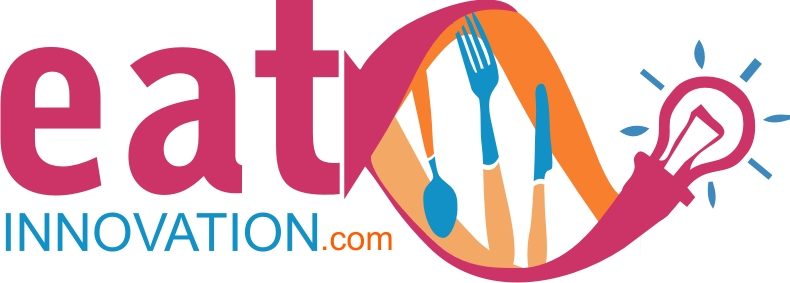
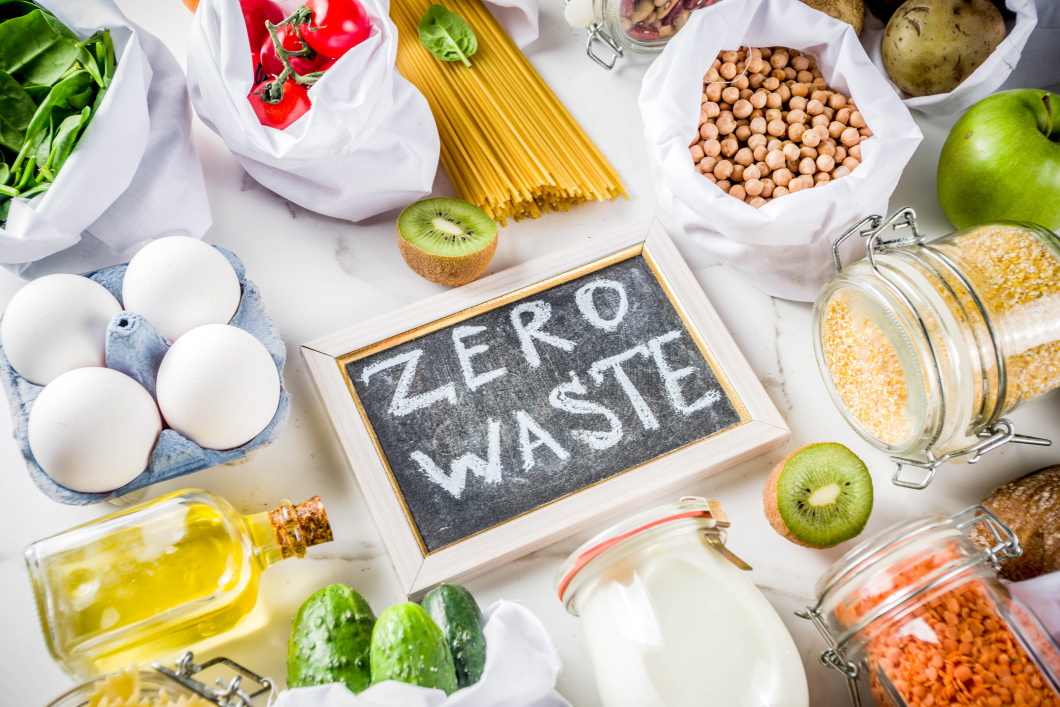
COMMENTS